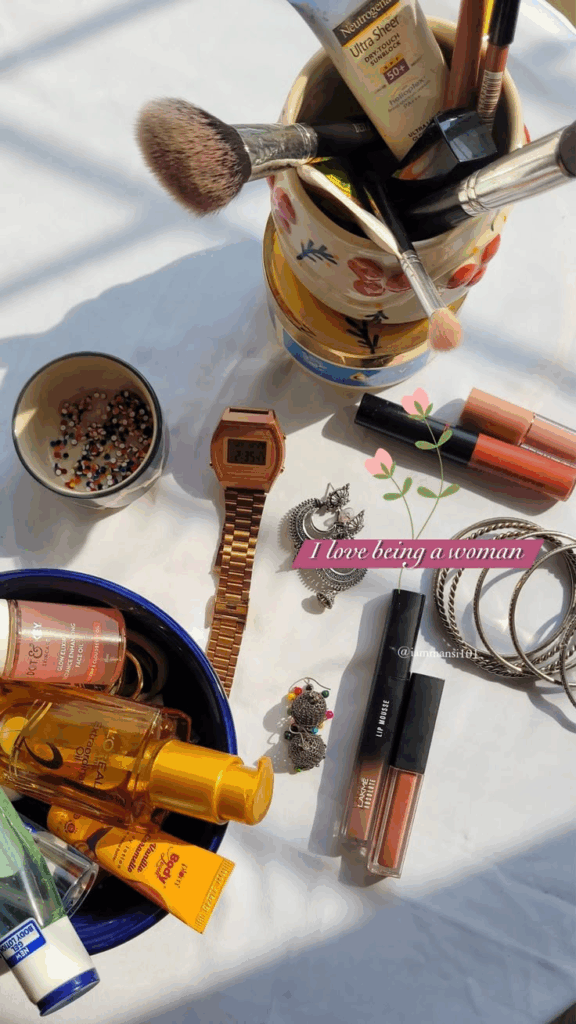
Introduction
For generations, South Asian rituals like diya lighting, applying henna, or incense burning were seen as acts of devotion, tradition, or celebration. But for many South Asian women today, these rituals are being rediscovered—not just as cultural markers, but as deeply personal acts of grounding and emotional regulation. In a world that demands constant motion, these rituals offer a way to be still, to reconnect, and to heal.
The Role of Rituals in Mental Wellness
Rituals provide rhythm and safety. They create sacred pauses in the chaos of daily life. For South Asian women juggling expectations, work, and often intergenerational trauma, these small acts can be transformative.
- Diya Lighting: The gentle glow of a flame can calm the nervous system, creating a moment of mindfulness before the day begins or ends.
- Henna Application: The intricate designs offer more than beauty—they require patience, presence, and often spark nostalgic memories of community and celebration.
- Burning Incense: Aromatherapy deeply rooted in tradition, invoking grounding, relaxation, and memory through scent.
Bar Graph: Traditional Practices Reimagined for Mental Health
plaintextCopyEdit| Ritual Practice | % Practicing for Wellness |
|-------------------------|---------------------------|
| Diya Lighting | 62% |
| Henna Application | 45% |
| Burning Incense/Agarbatti | 58% |
| Chanting/Mantras | 33% |
| Traditional Cooking | 50% |
Pie Chart: Why South Asian Women Turn to Cultural Rituals
- 41% say it reconnects them with their identity
- 29% say it creates a sense of calm and focus
- 19% say it offers structure and routine
- 11% use it to honor their ancestors or faith
Real Reflections
“Lighting a diya every evening isn’t just tradition for me anymore—it’s a way to tell myself I’ve made it through another day.”
— Amara, 32, Toronto
“When I put on mehndi now, I feel like I’m honoring every version of myself—child, woman, artist, healer.”
— Nilofer, 28, Mumbai
Rituals as Resistance
In a fast-paced world that praises productivity over peace, choosing to slow down and light a diya or mindfully prepare chai becomes a radical act. It’s a reclaiming of rhythm, history, and self. South Asian women are transforming these rituals from cultural obligations into emotional lifelines.
Reflection Prompts
- What rituals from your culture bring you the most peace or nostalgia?
- Which traditions do you want to reclaim or redefine?
- Can you create a small, sacred daily ritual just for yourself?
Final Thoughts
Rituals are more than heritage—they’re healing. When we turn back to these practices with intention, we aren’t just honoring our ancestors. We’re telling our inner child: you’re safe, you’re seen, and you belong.
No Responses